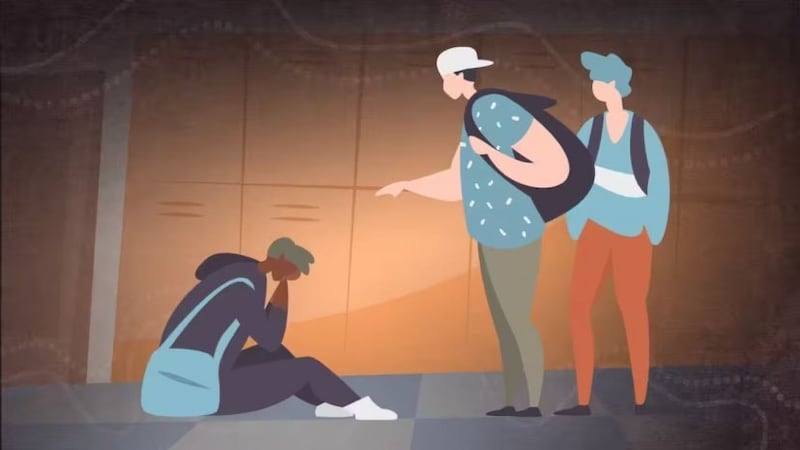In one survey, almost 100 per cent of the First Nations students surveyed said they had personally experienced racism. Source / NITV
By Dan Butler, NITV
A new report released by the ACT's Human Rights Commision has revealed the shocking pervasiveness of racism throughout the territory's schooling system.
Thousands of students and young people from Indigenous and culturally and linguistically diverse backgrounds were surveyed on their experiences of racial intolerance in and around the school environment.
Some 44 per cent of students from non-white backgrounds said they had personally experienced racism, while the number of young people who said they had witnessed it happen to someone else rose to more than 80 per cent.
"I'm not surprised at all," said Belinda Kendall, business lead at Curijo, an Indigenous consultancy group which facilitated the report's process.
"I work with children and young people, so I hear it [regularly].
"The level of racism is ridiculous."
While horrific instances of overt and covert racism were reported by respondents of many non-white backgrounds, the report did highlight the singular experience of Aboriginal and Torres Strait Islander students, a point borne out in the numbers.
In one survey, almost 100 per cent of the young Indigenous respondents said they had personally experienced racism.
Ms Kendall, a Barkindji Worimi Wailwan Wiradjuri woman who personally spoke to Indigenous students, said it was difficult to hear their stories first-hand.
"It was horrible," she told NITV.
"Especially when you've got your own kids, as I do. Unfortunately, I'm already aware of the racism that exists, not just in Canberra, but across the country."
First Nations kids experiencing racism from teachers
One of the more confronting findings of the report were the rates of racism on the part of teachers themselves.
In qualitative responses, students recounted harrowing examples of prejudice from school staff.
“One teacher of mine is actually racist, [and] said Australia was lucky white people came to settle it as Indigenous people were savages before they came,” said one respondent.
“[A] maths teacher said that Indigenous people should never have been born. I said ‘Bro, you can’t say that’. I nearly whacked him.”
While cautioning against the drawing of conclusions from such qualitative responses, the report states unequivocally that First Nations students "are experiencing racism from teachers at a higher rate than their peers."
"It's quite devastating to hear that the people that are meant to be supporting and guiding the development of children have those views and make those comments," Ms Kendall said.
The report makes recommendations from both the researchers and the young people involved for reducing the levels of racism in schools.
Many young people said education and talking about the issue was key to combating racism, while the report's authors said young people are an "untapped resource" on the matter.
"Any efforts to address racism will require children and young people to be actively engaged," said the report's conclusion.
"... all ACT government community consultations must have age-appropriate and easily accessible processes to enable children and young people to have their say about issues that affect them."

